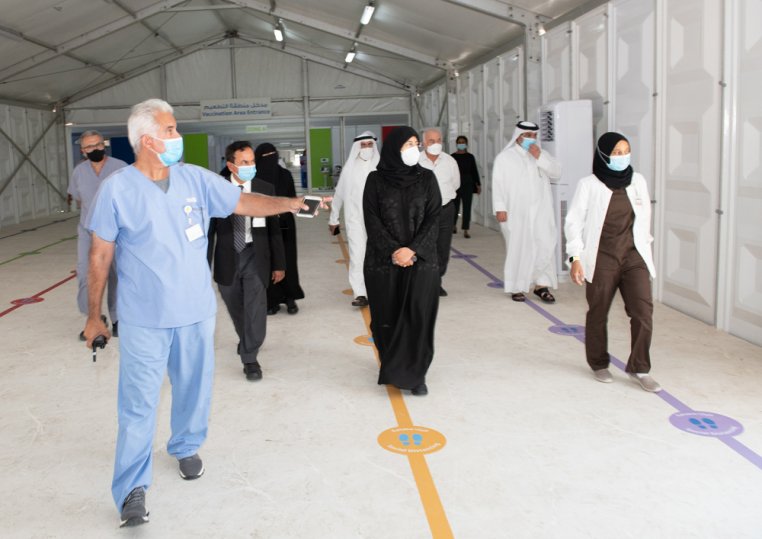Pressure-filled workdays and sleep deprivation seem to come part and parcel with modern work-life. While it’s commonly accepted that a life of all work and no rest isn’t great for us, just how much of a toll is it taking on our health? A study recently published in the European of Cardiology might just give us a clue, as it suggests that work-related stress and poor sleep could triple the risk of cardiovascular death in employees with high blood pressure (hypertension) – a condition that affects a third of people in employment.
The study
Researchers rounded up 1,959 employees aged between 25 and 65 with hypertension who did not have any other cardiovascular disease or diabetes. Within an 18-year follow-up period, it was found that people who didn’t get a good nightly slumber and stressed about their jobs were three times more likely to die from a cardiovascular event than those who did the opposite. People who only dealt with work stress had a risk of death that’s 1.6 times higher. For those whose only challenge was impaired sleep, the risk was was 1.8 times higher.
What’s considered “work stress”?
 In this study, having work stress is specifically defined as being in a job where there is a lot demanded from employees (high demand) while they have little control in decision-making processes (low control). Not all stress at work fits into this category.
In this study, having work stress is specifically defined as being in a job where there is a lot demanded from employees (high demand) while they have little control in decision-making processes (low control). Not all stress at work fits into this category.
The study’s author, Technical University of Munich’s Professor Karl-Heinz Ladwig, also believes that not all stress at work is created equal. He says that the effects of high demand jobs where employees don’t have control in decision-making processes, versus ones where they do, are different. He considers the former to be harmful, as it can leave employees feeling trapped in a pressure-filled situation, but says that the latter “high demand but high control” type of situation might actually be positive for employees’ health.
…And “impaired sleep”?
 If you have trouble falling or staying asleep, then this study says that you’re a card-carrying member of Team Impaired Sleep. Professor Ladwig says that impaired sleep is common amongst employees who, according to him, tend to wake up at 4 AM for loo trips and lie awake afterwards thinking about tackling the strains of their job.
If you have trouble falling or staying asleep, then this study says that you’re a card-carrying member of Team Impaired Sleep. Professor Ladwig says that impaired sleep is common amongst employees who, according to him, tend to wake up at 4 AM for loo trips and lie awake afterwards thinking about tackling the strains of their job.
And it’s not the one-off long night or that one challenging week at the office that concerns the Professor, but rather, the fact that employees tend to deal with these issues for years on end. Besides sucking them of their energy, he says that this type of lifestyle could lead workers to “an early grave”.
Professor Ladwig also believes that doctors should see this study as a “red flag” that signals the importance of asking patients with hypertension about the pressures of their jobs and their sleep habits. This is because each of these things are risk factors for cardiovascular deaths on their own, and when combined, each increases the risk posed by the other.
What can be done about it?
Besides recommending physical activity, healthy eating and relaxation techniques, Professor Ladwig says that if appropriate, individuals could be prescribed blood-pressure lowering medications.
He also says that employers can play their part by offering stress management and sleep treatment sessions in the workplace, especially for employees with hypertension.
Suggested elements of group stress-management sessions include:
 – Relaxation exercises;
– Relaxation exercises;
– Education and help implementing a healthy lifestyle (healthy eating, exercise and giving up smoking);
– Teaching coping methods for stress and anxiety at home and the workplace;
– Monitoring stress management progress;
– Learning how to achieve better social relationships and support.
Sleep treatment suggestions:
– Stimulus control therapy: Being trained to associate the bed and/or bedroom with sleep and following a consistent sleep/wake schedule;
– Relaxation training,: Learning how to relax the body’s muscles to encourage sleep and learning how to reduce intrusive thoughts at bedtime;
– Sleep restriction therapy: Practising restricting the time spent in bed to sleep time. This helps ensure that people are a bit more tired at bedtime which also helps them sleep longer;
– Paradoxical intention therapy: Learning how to stay awake passively and not make an effort to fall asleep. This can reduce anxiety and lead to better sleep.
If you needed any more proof that (literally) killing yourself over a job isn’t worth it, here it is. Life is short enough, let’s not make it any shorter!
Written by: Tesneem Ayoub
Source:
https://www.sciencedaily.com/releases/2019/04/190428143520.htm
More from Health Care






Leave A Comment
You must be logged in to post a comment.